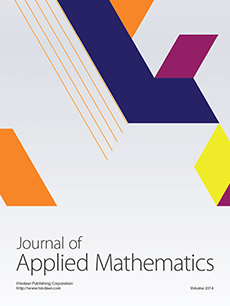Abstract
This paper addresses a single-machine scheduling problem with sequence-dependent family setup times. In this problem the jobs are classified into families according to their similarity characteristics. Setup times are required on each occasion when the machine switches from processing jobs in one family to jobs in another family. The performance measure to be minimized is the total tardiness with respect to the given due dates of the jobs. The problem is classified as -hard in the ordinary sense. Since the computational complexity associated with the mathematical formulation of the problem makes it difficult for optimization solvers to deal with large-sized instances in reasonable solution time, efficient heuristic algorithms are needed to obtain near-optimal solutions. In this work we propose three heuristics based on the Iterated Local Search (ILS) metaheuristic. The first heuristic is a basic ILS, the second uses a dynamic perturbation size, and the third uses a Path Relinking (PR) technique as an intensification strategy. We carry out comprehensive computational and statistical experiments in order to analyze the performance of the proposed heuristics. The computational experiments show that the ILS heuristics outperform a genetic algorithm proposed in the literature. The ILS heuristic with dynamic perturbation size and PR intensification has a superior performance compared to other heuristics.
Citation
Vinícius Vilar Jacob. José Elias C. Arroyo. "ILS Heuristics for the Single-Machine Scheduling Problem with Sequence-Dependent Family Setup Times to Minimize Total Tardiness." J. Appl. Math. 2016 1 - 15, 2016. https://doi.org/10.1155/2016/9598041





